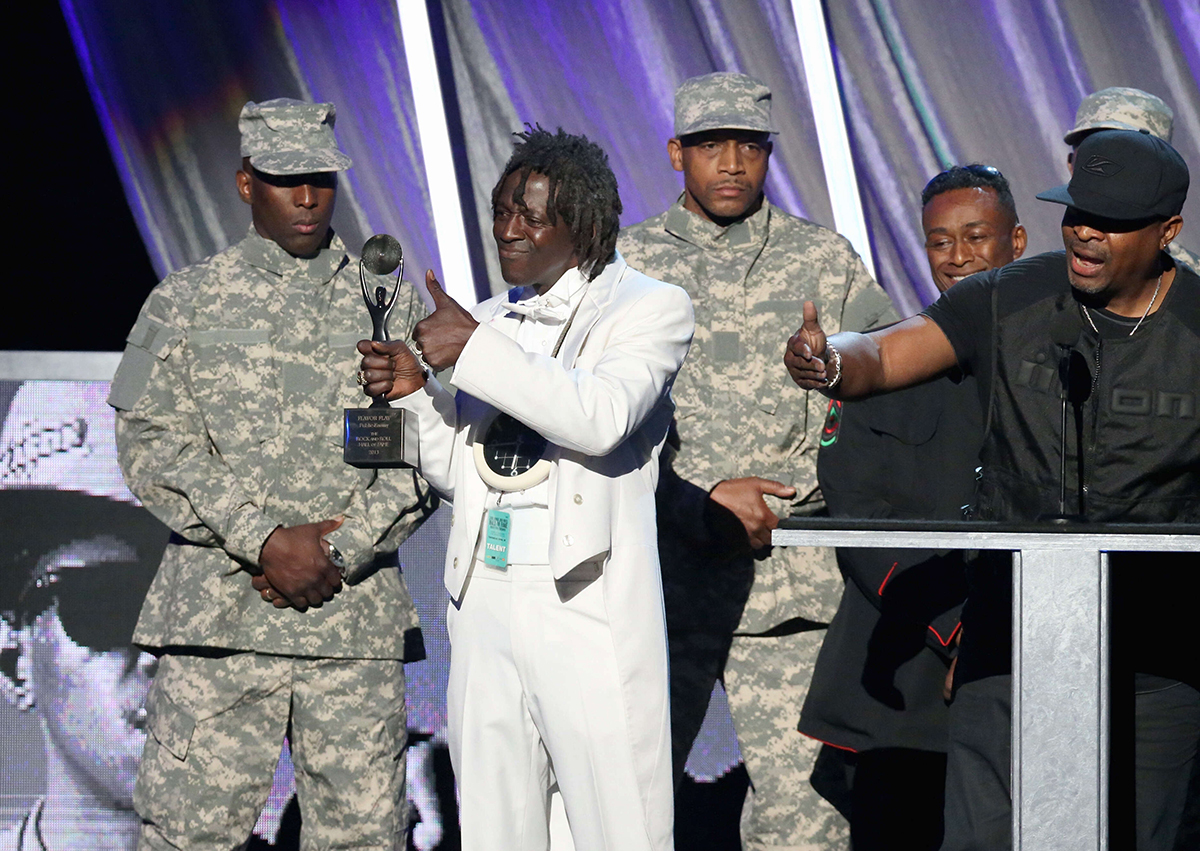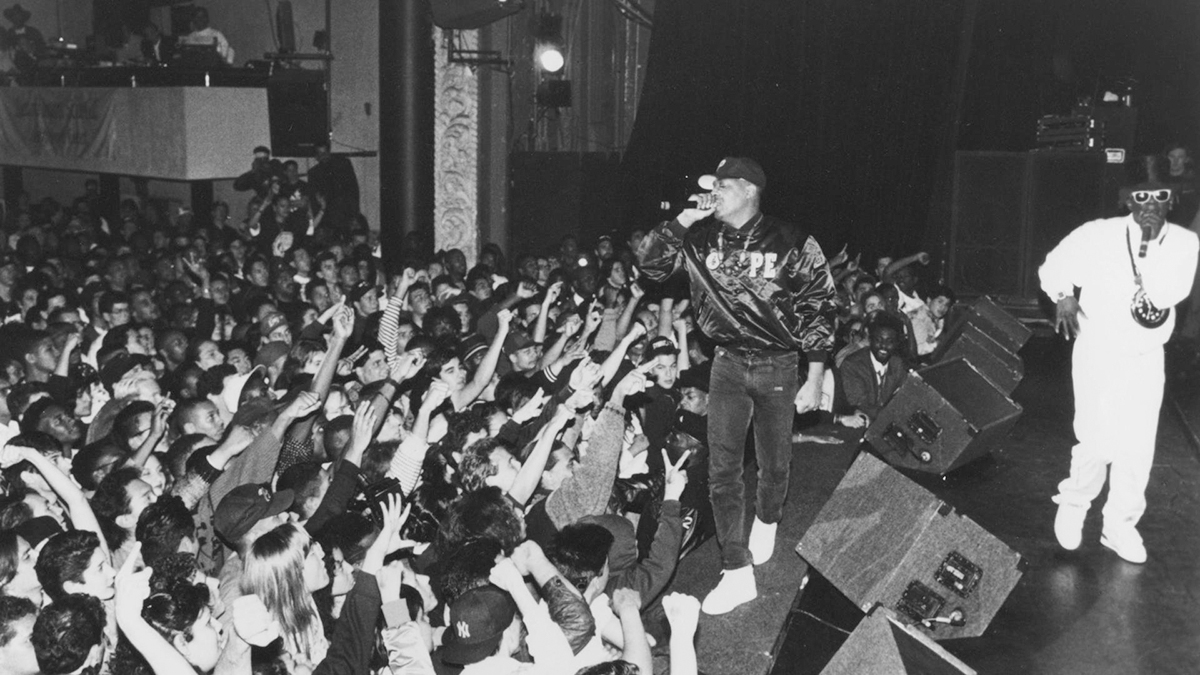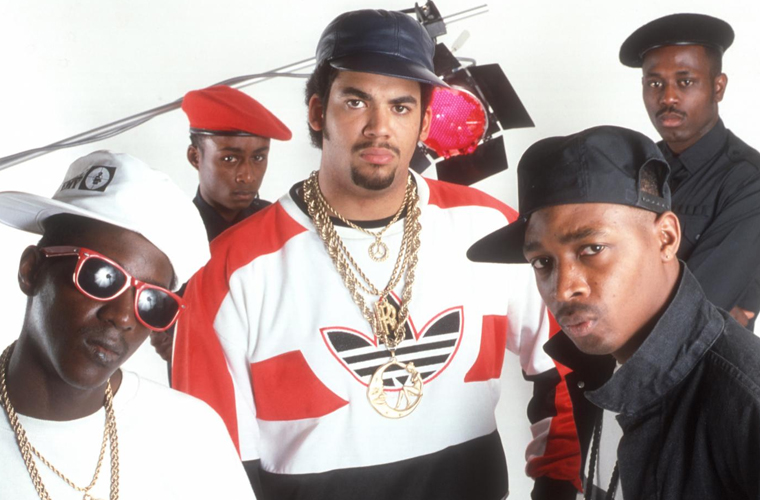Public Enemy is a pioneering American rap group that emerged in the mid-1980s and played a significant role in shaping the genre and its sociopolitical consciousness. The group was formed in Long Island, New York, in 1985 and originally consisted of Chuck D (Carlton Ridenhour), Flavor Flav (William Drayton), Terminator X (Norman Rogers), Professor Griff (Richard Griffin), and DJ Lord (Lord Aswod).
Public Enemy’s music often blended aggressive and dense production with politically charged lyrics, addressing issues such as social inequality, racism, and the mistreatment of African Americans. Their debut album, “Yo! Bum Rush the Show,” was released in 1987 and introduced their distinctive sound and message. However, it was their groundbreaking second album, “It Takes a Nation of Millions to Hold Us Back” (1988), that catapulted them to international recognition and critical acclaim.

With Chuck D’s powerful and authoritative voice, Flavor Flav’s comedic persona, and the Bomb Squad’s innovative production techniques, Public Enemy became known for their intense live performances and their ability to incite social and political dialogue. They embraced the use of samples, dense layers of sound, and politically charged imagery in their music, setting a new standard for rap production.
Public Enemy’s third album, “Fear of a Black Planet” (1990), further solidified their status as one of the most influential and important groups in hip hop. It featured the iconic tracks “Fight the Power” and “911 Is a Joke,” which became anthems for social activism. The album delved deeper into themes of racial injustice and examined the media’s portrayal of African Americans.
Over the years, Public Enemy released several more albums, including “Apocalypse 91… The Enemy Strikes Black” (1991), “Muse Sick-n-Hour Mess Age” (1994), and “He Got Game” (1998). The group experienced some internal conflicts and lineup changes during the 1990s, leading to the departure of Terminator X and Professor Griff.

Despite the changes, Public Enemy continued to release music and tour, maintaining their commitment to addressing social and political issues. They have collaborated with various artists across genres and have consistently used their platform to advocate for equality and justice.
Public Enemy’s impact extends beyond their music. They have been credited with introducing the concept of the “conscious rapper” and promoting a greater understanding of social issues within hip-hop culture. Their influence can be seen in the work of numerous artists who followed, as well as their enduring relevance in discussions of race, politics, and activism.
As of my knowledge cutoff in September 2021, Public Enemy remains an active group. However, it’s worth noting that the dynamics of musical groups can change over time, and it’s always best to check for the most up-to-date information about their current status and activities.

